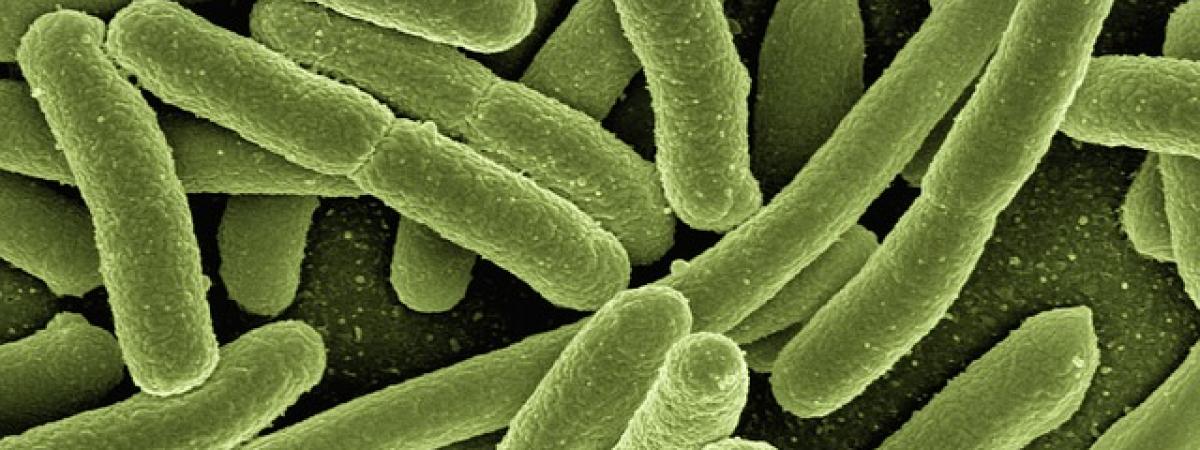10 things you didn't know about the appendix
published in Reader's Digest,
15 January 2016

Is your appendix merely a useless left-over from our past evolution? Does it have a purpose? As we discover more about this worm-shaped tube, it seems that it’s there for a reason.
1. Your appendix is a highly specialised organ with a rich blood supply, strategically placed for function
It is positioned at the junction between the small and large intestine.
The large intestine is loaded with bacteria, which must be kept away from the more sterile small intestine and the bloodstream: the appendix in its prime position plays a vital anti-bacterial role.
2. Not all animals have an appendix
Rabbits, apes and humans have an appendix but it is not present in cows, sheep, goats, horses, dogs, cats or monkeys.
3. Your appendix plays a critical role early in life
Its development begins during the fifth foetal week, and it shows very rapid development early in life. It is longest in childhood and diminishes in size throughout adulthood.
It normally varies in length from 5-10cm; the longest recorded appendix was found in Croatia in 2006, measuring 26cm.
4. Just because you can live without the appendix doesn’t mean it has no function
Nobody would suggest that the gallbladder is a useless organ just because you can survive after its removal. We can also survive after removal of a lobe of the lung, thyroid or brain.
The ready dispensability of the appendix fits with its most critical role early in life.
5. Your appendix acts as a store of good bacteria
After a nasty bout of diarrhoea, the appendix can resupply the intestine with good bacteria that promote health and prevent further infection by harmful bacteria.
Scientists have shown that you are more likely to have repeated diarrhoeal infection if your appendix has been removed.
6. Your appendix is part of the immune system
Just as the tonsils guard the lungs and digestive tract from bacteria, the appendix fights bacteria in the large intestine, preventing them from entering the small intestine and bloodstream.
It does this by secreting antibodies that identify and neutralise harmful bacteria: helpful bacteria are not targeted but instead come to reside in our intestine. In this way, the appendix is helpful in establishing our good gut bacteria.
7. Appendicitis may be due to an under-stimulated immune system
Modern medicine and cleaner living conditions have “left our immune systems with too little work and too much time on their hands—a recipe for trouble” says Dr William Parker of Duke University.
As a result, the appendix’s role in fighting infection is underused, and the appendix can become inflamed, sometimes critically.
8. Removal of an inflamed appendix may help prevent some inflammatory bowel conditions
A study from Harvard University showed that patients undergoing appendix removal for appendicitis were less likely to develop ulcerative colitis—if their appendix was removed before the age of 20.
However, another study showed that removal of the appendix may increase the risk of Crohn’s disease.
9. The appendix may help protect against colon cancer
A Turkish study has shown that some colon cancer patients have shorter appendixes than healthy people.
10. The appendix has been studied for centuries
In 1492, Leonardo da Vinci depicted it in his anatomical drawings; in 1735 Claudius Amyand performed the first recorded removal of the appendix on an 11-year-old boy.
